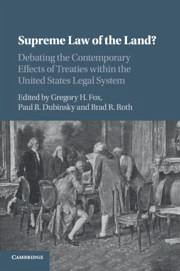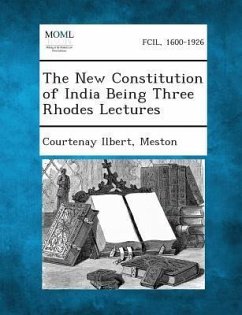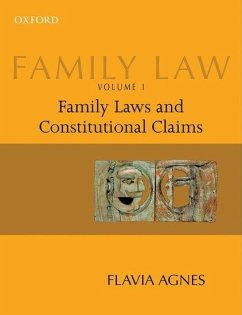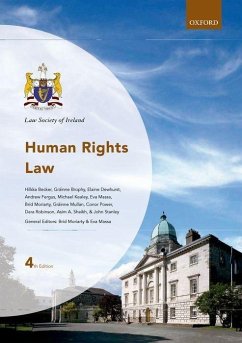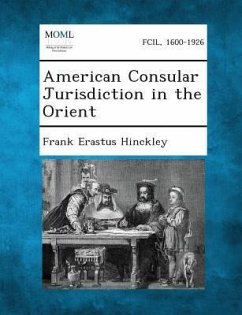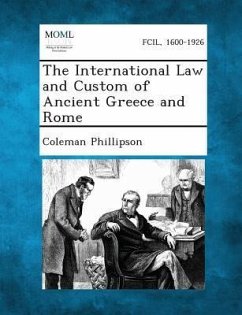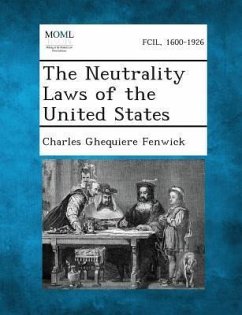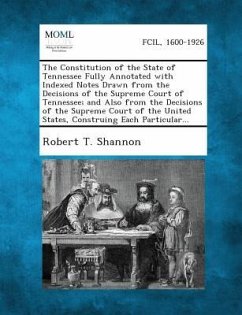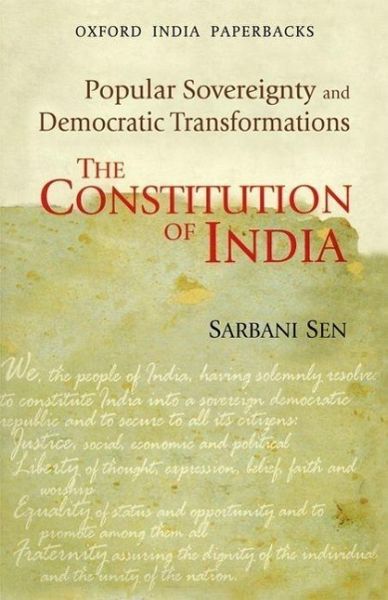
The Constitution of India
Popular Sovereignty and Democratic Transformations
Versandkostenfrei!
Versandfertig in über 4 Wochen
101,99 €
inkl. MwSt.

PAYBACK Punkte
51 °P sammeln!
The relationship between constitutionalism and popular sovereignty in the Indian context is the critical focus of this original work in political theory, jurisprudence, and constitutionalism. This intellectually rigorous and elegantly argued book examines fundamental issues about the basic law of the land. The author contends that it is necessary to go beyond viewing democracy merely as the vesting of fundamental authority in institutions of elected representatives. She examines the founding of the Indian constitution and the emergence of its text in the background of the ideas of leading constitutional law theorists, such as Habermas and Ackerman. The author suggests that the constitution can be more meaningfully understood by adopting a more complex concept of democracy-one that is able to distinguish between popular sovereign power in the hands of the people themselves, and in those of their agents in government. She establishes that underlying the bedrock doctrine of the basic structure of the constitution, are fundamental questions about the relationship between constitutionalism and popular sovereignty. The text is a conscious effort to institutionalize the country's revolutionary experience during its anti-colonial struggle.
One of the first books to explore the relationship between constitutionalism and popular sovereignty in the Indian context. It argues that the identity of the Indian constitution was shaped by a period of prolonged popular engagement in resisting a colonial regime and that it can be seen as a political symbol of national identity rather than merely a legal text.



